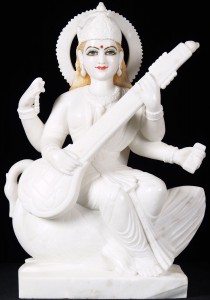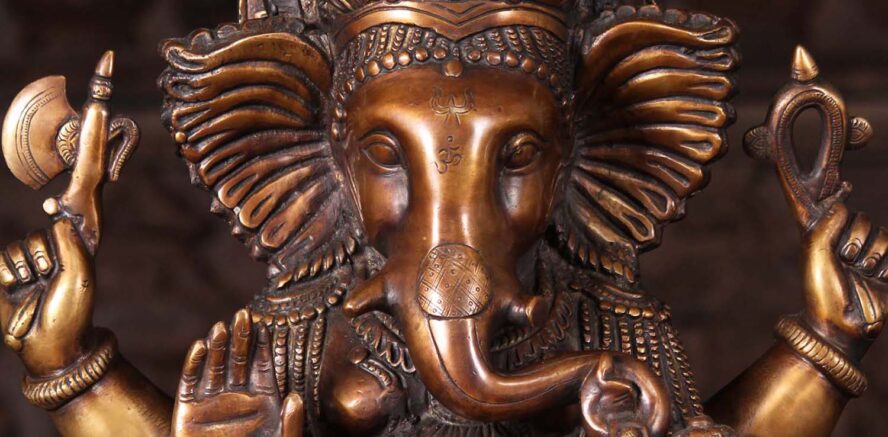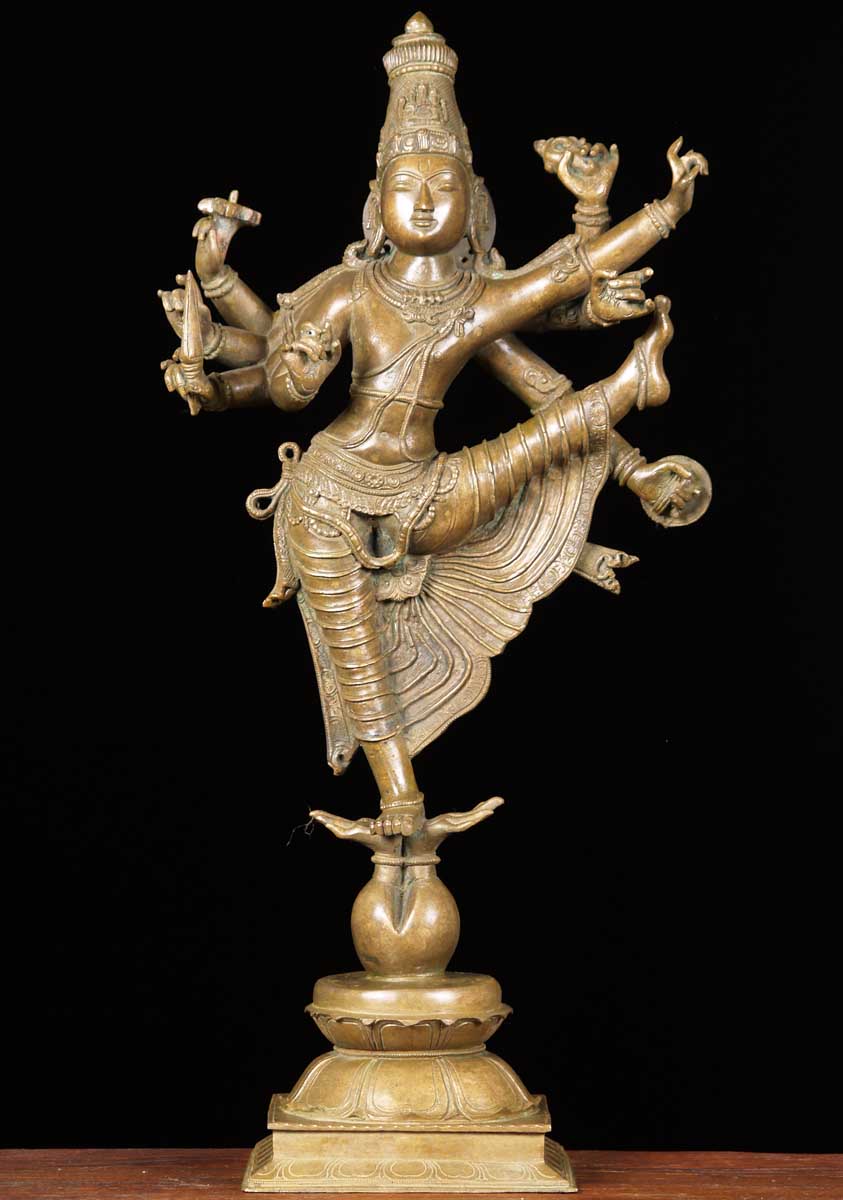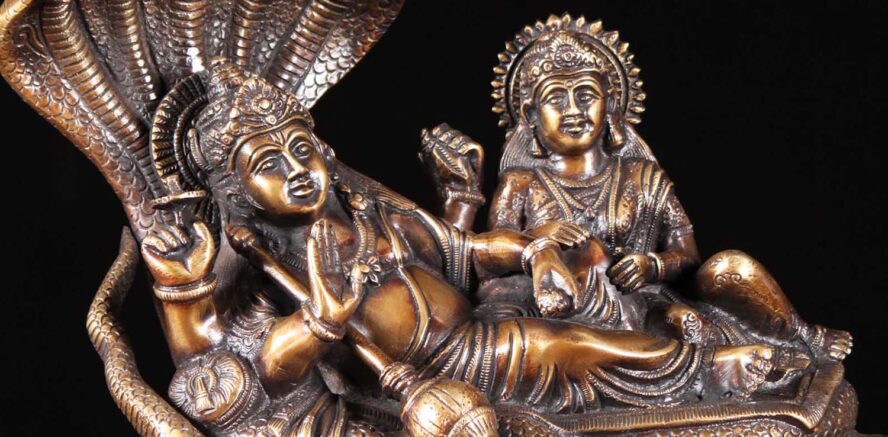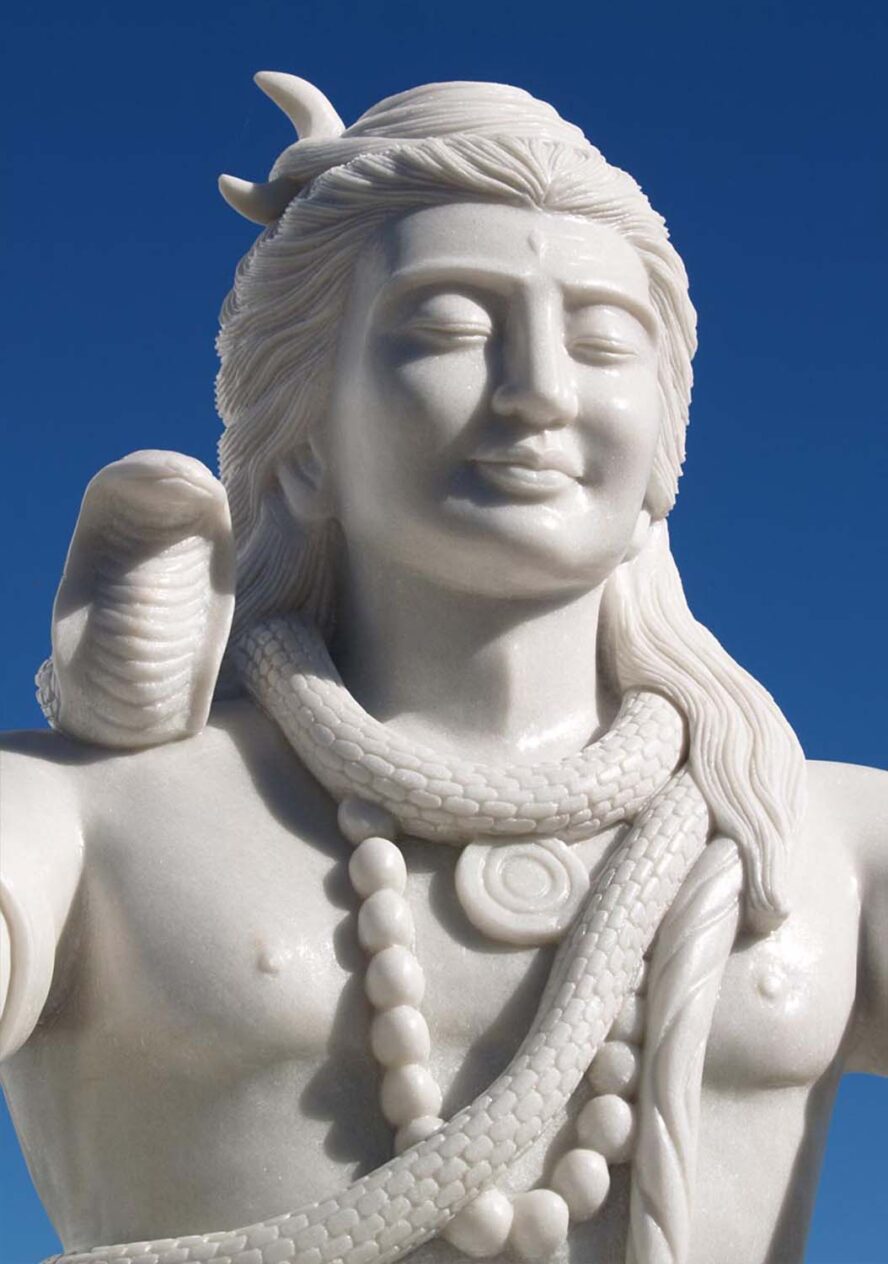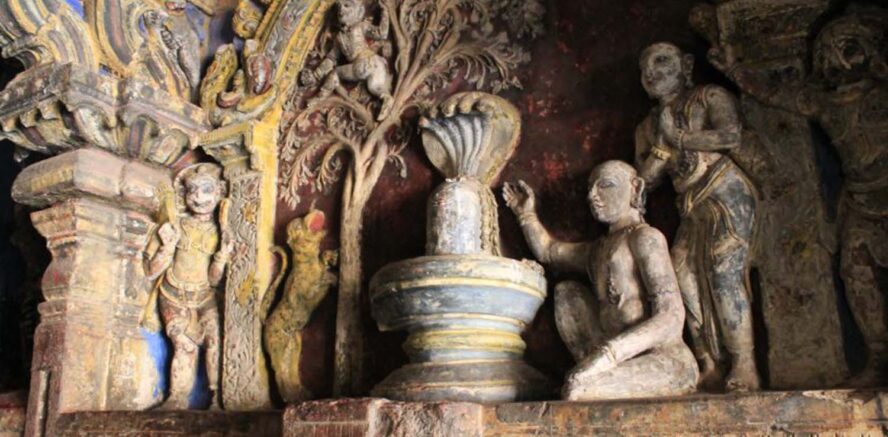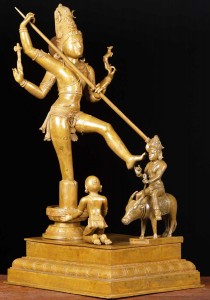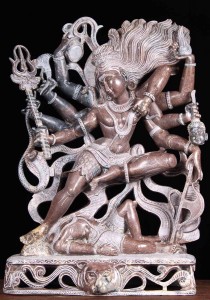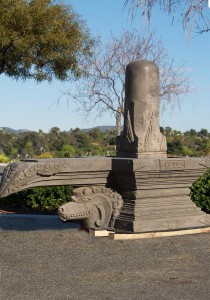Here are 15 of the most popular Saraswati mantras that are widely used by students to score high in exams. It is believed that students, who after working hard failed to succeed in exams and these mantras, have helped them to attain their goal.
The Hindu Goddess Saraswati is known as the mother of Vedas and of knowledge, music, craft, wisdom, arts, and auspiciousness. It is believed that appeasing Saraswati by chanting Saraswati mantras will remove all the obstacles that one will encounter during his or her career or education. Saraswati is known by different names, such as Vak Devi, the goddess of speech, and Sakala Kaladhistatri, goddess bestowing all the arts.

1. Bija Mantra of Saraswati
Aum
Aing Saraswathye Namah
Aum
Meaning: Salutations to Goddess Saraswati
2. Vidya Saraswati Mantra for students: This sloka is found to improve memory, power and concentration in studies.
Saraswati Namasthubhyam
Varade Kamarupini
Vidhyarambam Karishyami
Siddhir Bavathume Sadha
3. Saraswati Vandana
Yaa Kundendu tushaara haaradhavalaa,
Yaa shubhravastraavritha
Yaa veenavara dandamanditakara,
aa shwetha padmaasana
Yaa brahmaachyutha shankara
prabhritibhir Devaisadaa Vanditha
Saa Maam Paatu Saraswatee
Bhagavatee Nihshesha jaadyaapahaa
Meaning: May the Goddess Saraswati protect me. She is fair like the jasmine-colored moon, and whose pure white garland is like frosty dew drops. She is adorned in radiant white attire, on whose beautiful armrests the veena, and whose throne is a white lotus. She is surrounded and respected by the Gods. Please remove my weariness, sluggishness, and ignorance.
4. Maha Saraswati Mantra
Om
Aing Maha Saraswatyai Namah
Meaning: Salutations to Goddess Maha Saraswati
5. Saraswati Mantra
Shuklaam Brahmvichaar
Saar Paramaadyaam Jagadvyaapineem Veennaa Pushtak
Dhaarinneebhamay Daam
Jaad Yaapandhkaaraapahaam
Haste Sfatik Maalikaam Vidhateem
Paramaasane Sansthitaam Vande Taam
Parameshwareem Bhagwateem Buddhi Pradaam Shaaradaam.
Meaning: I plead to Goddess Saraswati who is fair in color, the first and foremost divine energy, who is present in the world in the form of knowledge, who wields a Veena, Vedas, Sfatik rosary in her hands and one of whose hands is raised in blessing. She is the one who is capable of eliminating ignorance and bestow intelligence.
6. Maha Saraswati Mantra: This simple mantra is mainly used by students to make learning easy.
Om Aim Hrim
Kleem Maha Saraswati Devaya
Namaha
7. Saraswati Mantra to recite before study
Saraswathi Namasthubhyam,
Varadey Kaamarupinee
Vidhyarambham Karishyami,
Sidhir bhavathu mey sada
Meaning: O, Goddess Saraswati, my humble prostrations unto Thee. She is capable of fulfilling all my wishes. I request you to bestow thy blessings on me, before I start my studies.
8. Saraswati Mantra for Success in Education and Career
Om
Vageeshwaryae Vidmahe Vagwadeenyae
Dhimahe Tannah Saraswati Prachodayat
This mantra is also known as Gayathri of Saraswati
9. Saraswati Mantra
Saraswati Mahabhage
Vidye Kamalalochane
Vishwaroope Vishaalaakshi
Vidyam dehi namosthuthe
Meaning: Oh great Goddess Saraswati, the lotus-eyed personified knowledge. Oh, I request you to shower me with all the powers and glories of all knowledge that exist. She has large eyes, taking the form of the whole universe.
10. Saraswati Mantra for Acquiring Knowledge
Vad Vad Vaagwaadinee Swaha
11. Saraswati Mantra for Enhancing Intelligence
Om
Aing Hreeng Shreeng
Vaagdevyai Saraswatyai Namah
12. Saraswati Mantra for Wealth and Knowledge
Om
Arham Mukha Kamal Vaasinee
Paapaatma Kshayam Kaari
Vad Vad Vaagwaadinee Saraswati
Aing Hreeng Namah Swaaha
13. Saraswati Ashtakshara Mantra: This mantra comprises of the 12 names of Goddess Saraswati and it is advised that all knowledge seekers should practice it, to gain high and pure knowledge.
Pratham Bharti naam
Dwitaya tu Saraswati
Trutiya Sharda Devi
Chaturth Hansavahini
Pancham Jagatikhayata
Shasth Maheshwari tatha
Saptham tu Kaumari
Astham Bhramacharini
Navam Vidhyadhatrini l Dasham Vardayini
Ekadasham Rudraghanta
Dwadasham Bhuneshwari
Atani Dwadsho Naamami
Y Patcchrnuyaadpi
Nach Vidhna Bhav Taysa Mantra Siddhiker Tatha
14. Mantra for Knowledge: Reciting this mantra will increase the mental capability and will considerably increase the knowledge gain.
Om
Namo Bhagwati Saraswati Parmeshwari
Vaagvaadini Mam Vidhya Dehi Bhagwati
Bhans Vaahini Hans Samarudha Buddhi
Dehi Dehi Pragya Dehi Dehi
Vidhya Parmeshwari Saraswati Swaha
15. Mantra for illumination: This mantra is dedicated to Goddess Saraswati to illuminate the minds of knowledge seekers.
Maho
Arnah Saraswati Pracheyati Ketuna,
Dhiyo Vishwa Virajati
including English and Sanskrit translations
| 10 Kali Mantras | 15 Saraswati Mantras | 3 Ganesha Mantras |
| 6 Murugan Mantras | 8 Krishna Mantras | 7 Hanuman Mantras |
| 3 Lakshmi Mantras | 7 Vishnu Mantras | 5 Shiva Mantras |

